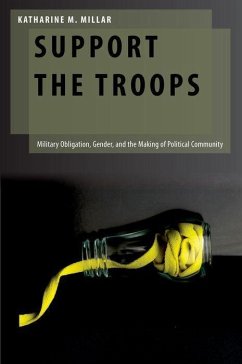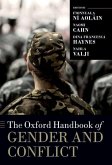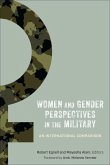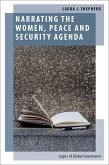In Support the Troops, Katharine M. Millar provides an empirical overview of "support the troops" discourses in the US and UK during the early years of the global war on terror (2001-2010). As Millar argues, seemingly stable understandings of the relationship between military service, citizenship, and gender norms are being unsettled by changes in warfare. Millar asserts that military support acts as a new form of military service, which serves to limit anti-war dissent, plays a crucial role in naturalizing the violence of the transnational liberal order, and recasts war as an internal issue of solidarity and loyalty. This is the first work to systematically examine "support the troops" as a distinct social phenomenon, offering a novel reading of this discourse through a gendered lens that places it in historical and transnational context.
Hinweis: Dieser Artikel kann nur an eine deutsche Lieferadresse ausgeliefert werden.
Hinweis: Dieser Artikel kann nur an eine deutsche Lieferadresse ausgeliefert werden.








